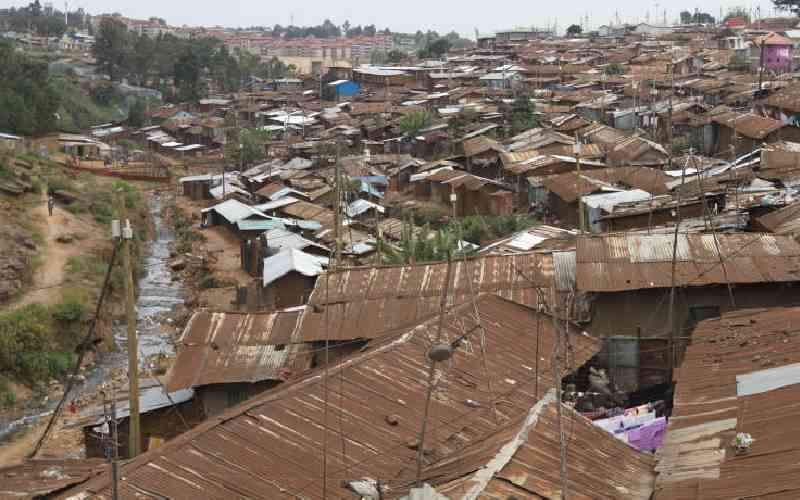
The Africa Urban Forum that is taking place in Addis Ababa, Ethiopia, offers an unprecedented platform for stakeholders to strategise on Africa's rapid urbanisation and urban development. This forum promises to foster transformative dialogue on urbanisation, housing, climate change, and resilience, guided by the African Union's Agenda 2063, which envisions a prosperous and interconnected Africa.
With urban population expected to double by 2050 to reach 1.3 billion, African cities are emerging as economic and innovation hubs, highlighting the need for strategic planning. Urbanisation in Africa presents both challenges and opportunities. Issues like infrastructure deficits, housing shortages, and environmental sustainability require innovative solutions.